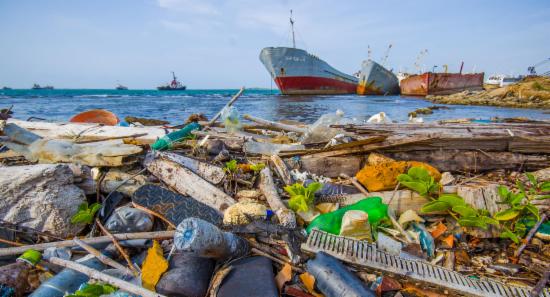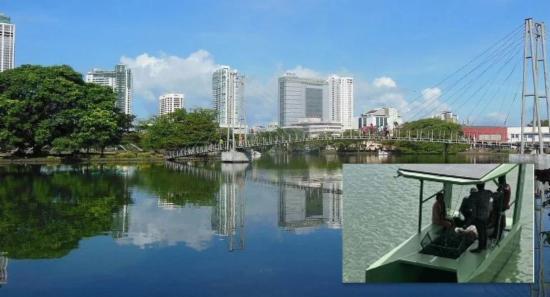.webp)

Global Debt Roundtable Flags Elevated Vulnerabilities; Sri Lanka Makes Strong Progress
COLOMBO (News 1st); Sri Lanka’s debt restructuring process is close to completion, according to the 5th Co-Chairs Progress Report of the Global Sovereign Debt Roundtable (GSDR).
The report highlights that while debt levels in low-income countries (LICs) and emerging markets (EMs) have stabilized, they remain higher than pre-pandemic levels, with several nations—including Sri Lanka—still facing significant debt-service challenges.
Sri Lanka successfully completed the fourth review of its IMF-supported program in July 2025, marking a critical milestone in its recovery efforts. Six agreements have already been signed with official bilateral creditors, while negotiations with remaining creditors—including commercial lenders—are ongoing in good faith.
The GSDR report underscores that debt vulnerabilities remain elevated, particularly among LICs, where high interest costs and refinancing needs are crowding out essential development spending on education, health, and infrastructure.
Recent global policy shifts and reductions in foreign aid have compounded these challenges, placing greater emphasis on domestic reforms to boost growth, improve transparency, and strengthen debtor-investor relations.
Key Recommendations from the GSDR:
1. Further improving restructuring processes, including under the Common Framework, to ensure countries with unsustainable debt have access to timely and adequate debt treatments.
2. Stepping up support for countries with sustainable debt but high debt-service challenges. The IMF–World Bank “three-pillar approach” provides the conceptual framework for that support.
3. Building resilience and preventing unsustainable build-up of debt. This requires accelerating progress on debt transparency, debt management, and debtor/investor relations.
The report also notes progress in ongoing restructurings, including Ethiopia, Ghana, Zambia under the Common Framework, and Sri Lanka and Suriname outside it.
Technical work has focused on accelerating negotiations, improving information-sharing among creditors, and clarifying the use of liability management operations (LMOs) and credit enhancements for countries with sustainable debt but liquidity constraints.
Looking ahead, the GSDR plans to publish an updated Restructuring Playbook in April 2026 and advance initiatives such as a digital platform for real-time loan data reconciliation, aimed at improving debt transparency globally.
• Accelerating support to countries with sustainable debt but high debt service challenges. This could include the publication of “how-to” notes, and further engagement with the G20 to help advance the collective effort to support these countries, as appropriate.
• Building resilience and strengthening debt transparency. This could include follow-up work to support enhanced debt transparency, debt management, and debtor/investor relations, as well as follow-up on the status of implementation of projects such as the World Bank’s debtor/creditor debt data sharing exercise and digital real time loan reconciliation system. In addition, renewed attention could be given to the critical issue of collateralized financing practices, including the importance of increasing transparency in that field, and of raising borrowers’ awareness of risks involved in such transactions.
Other Articles
Featured News





.png )











-810262_550x300.jpg)
-809496_550x300.jpg)











.webp)






